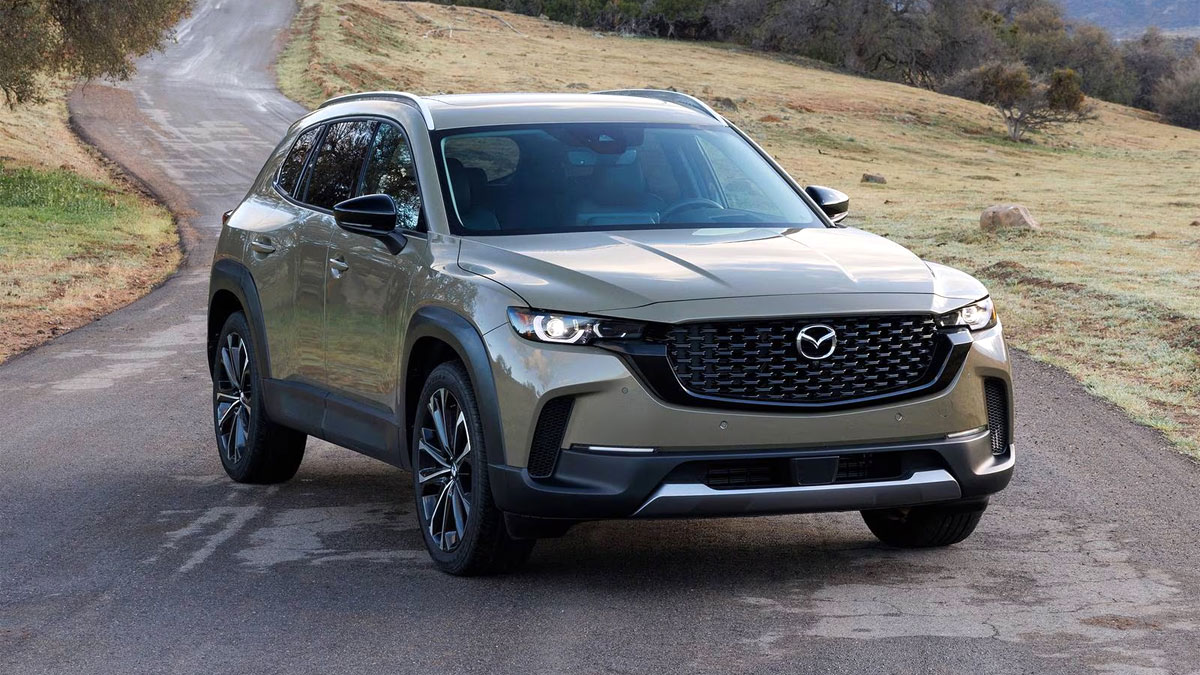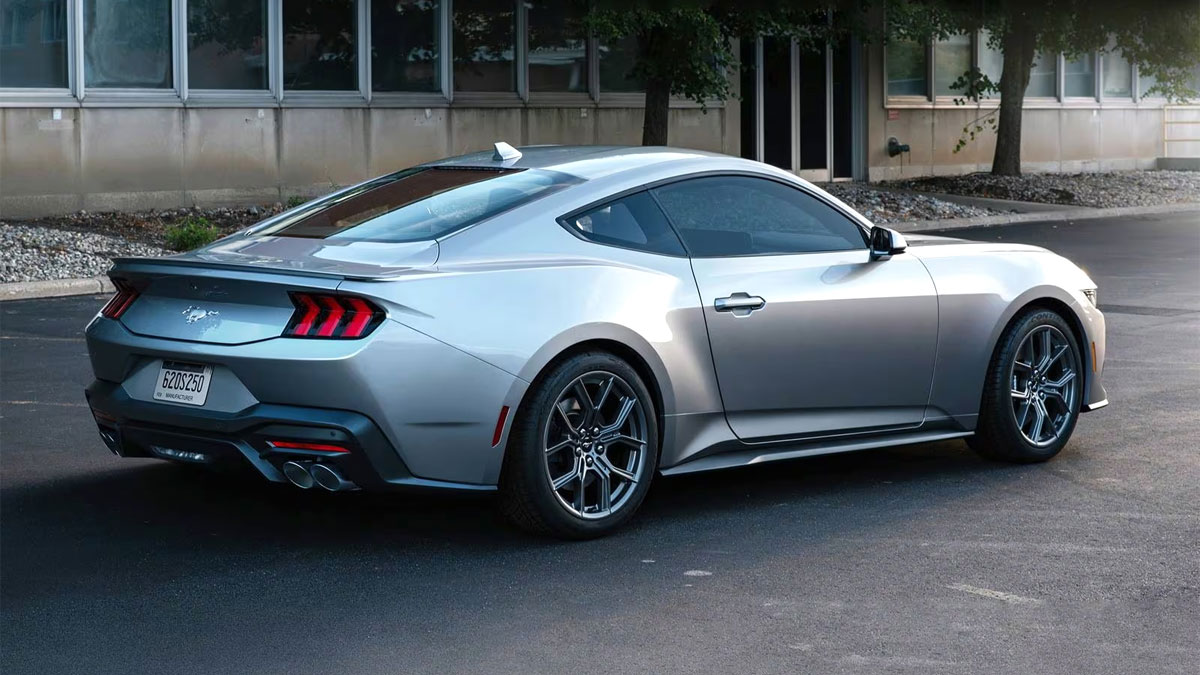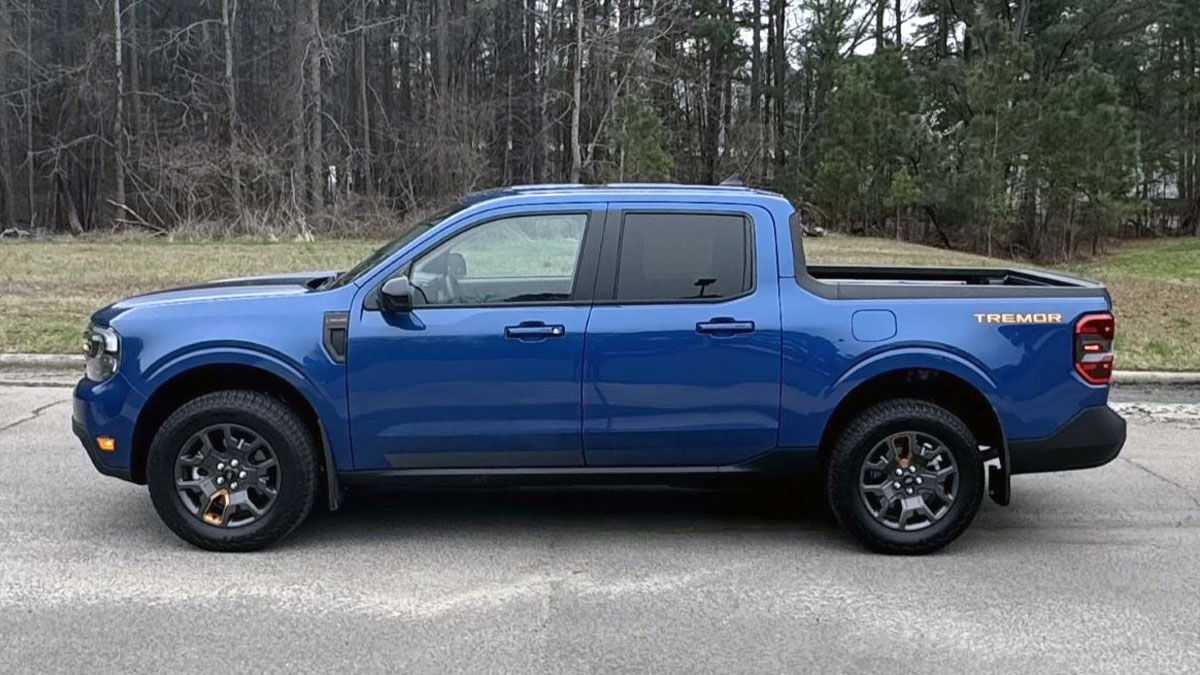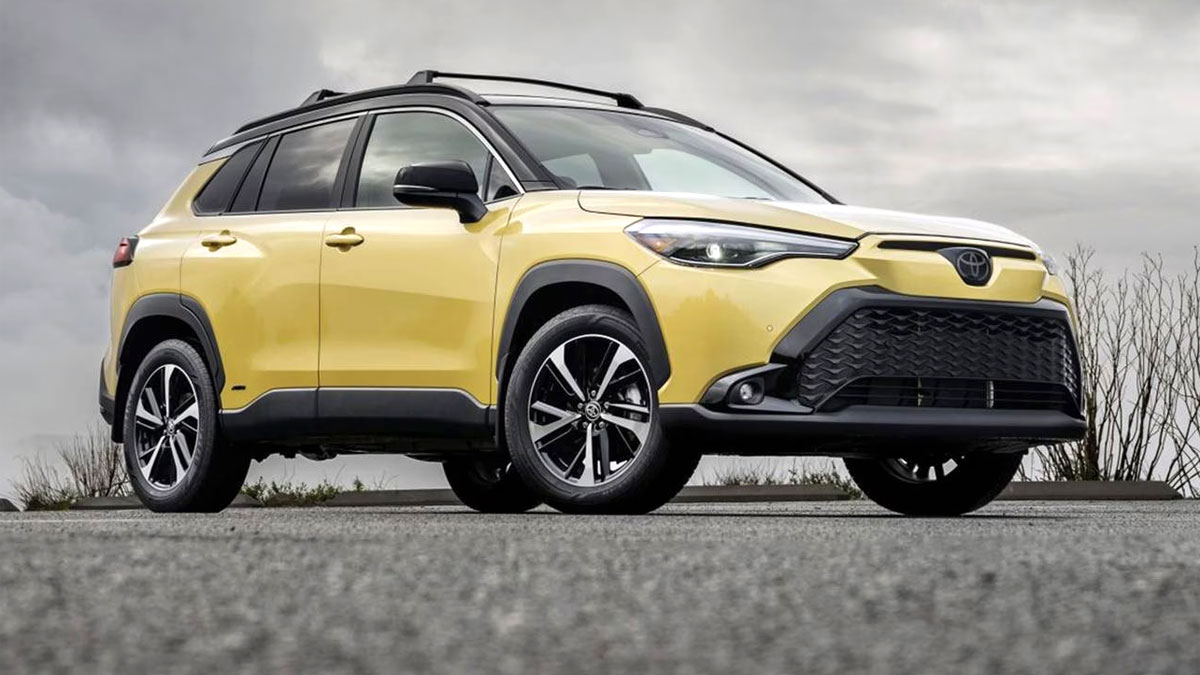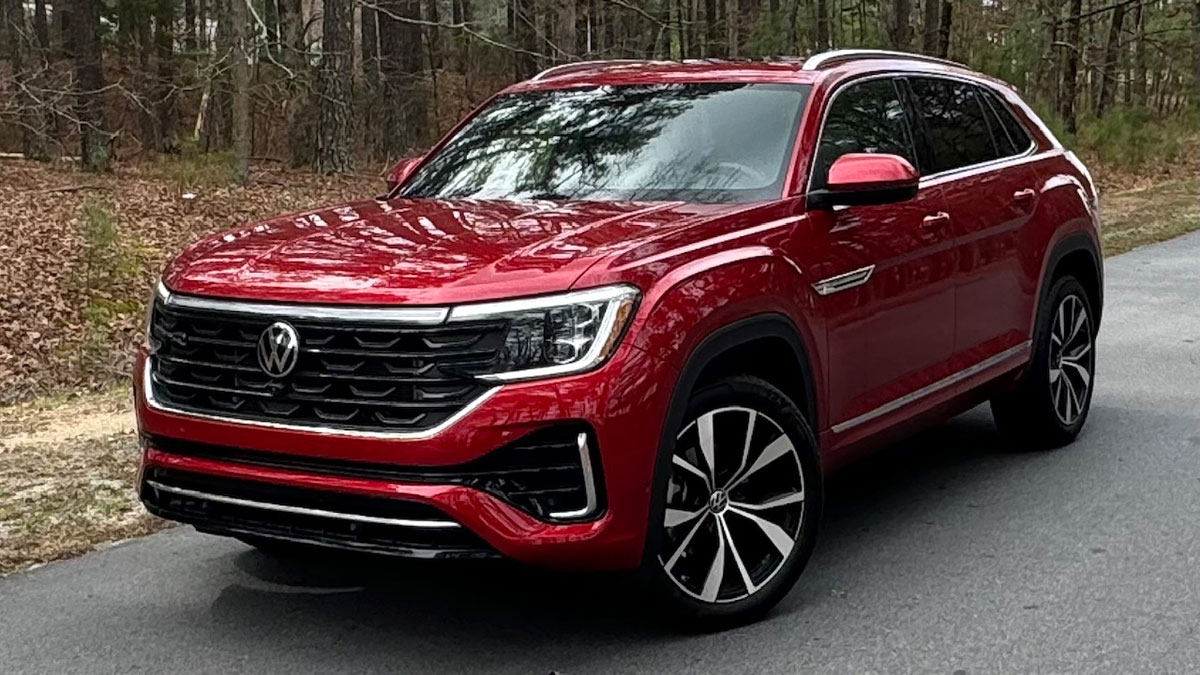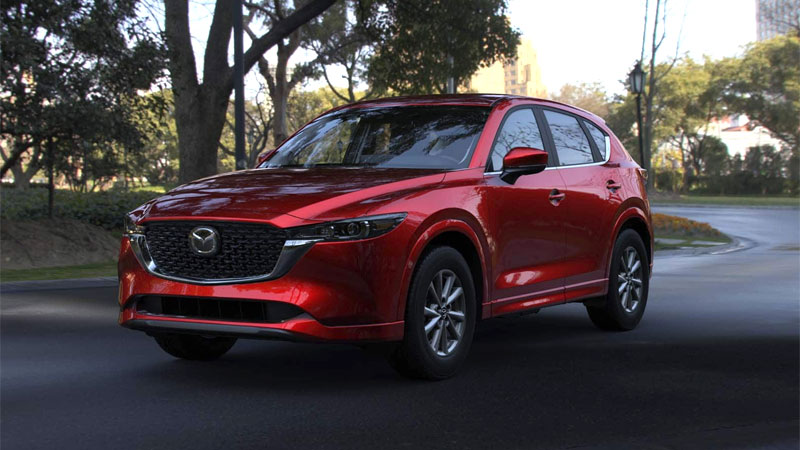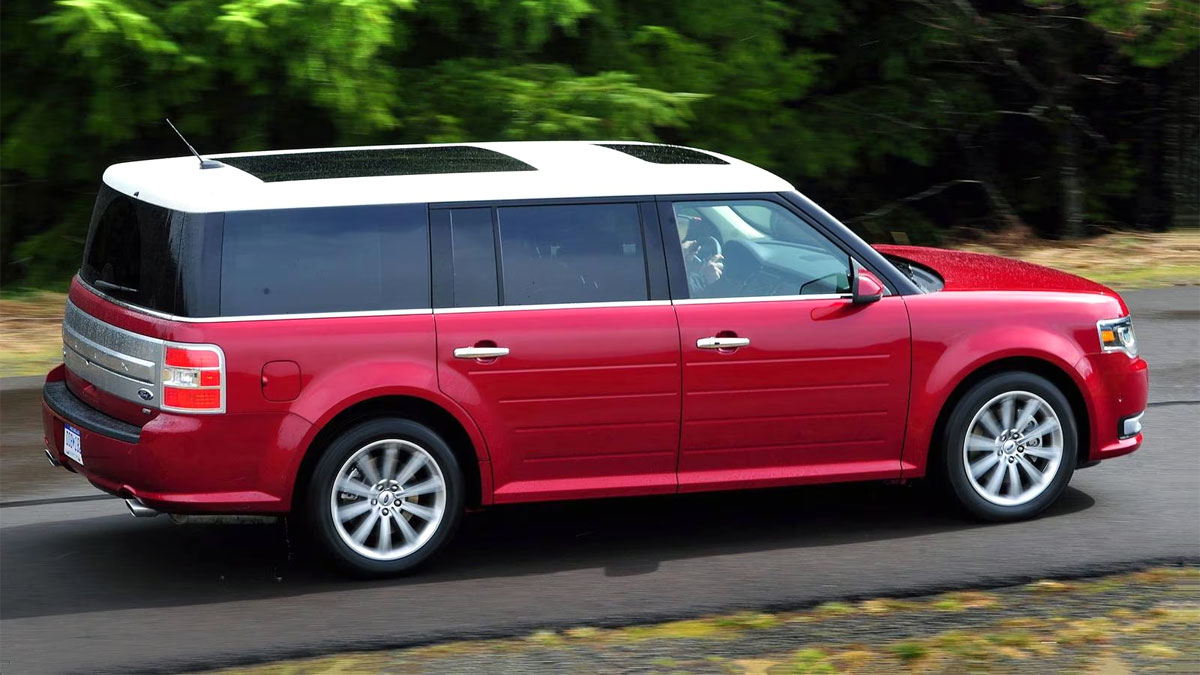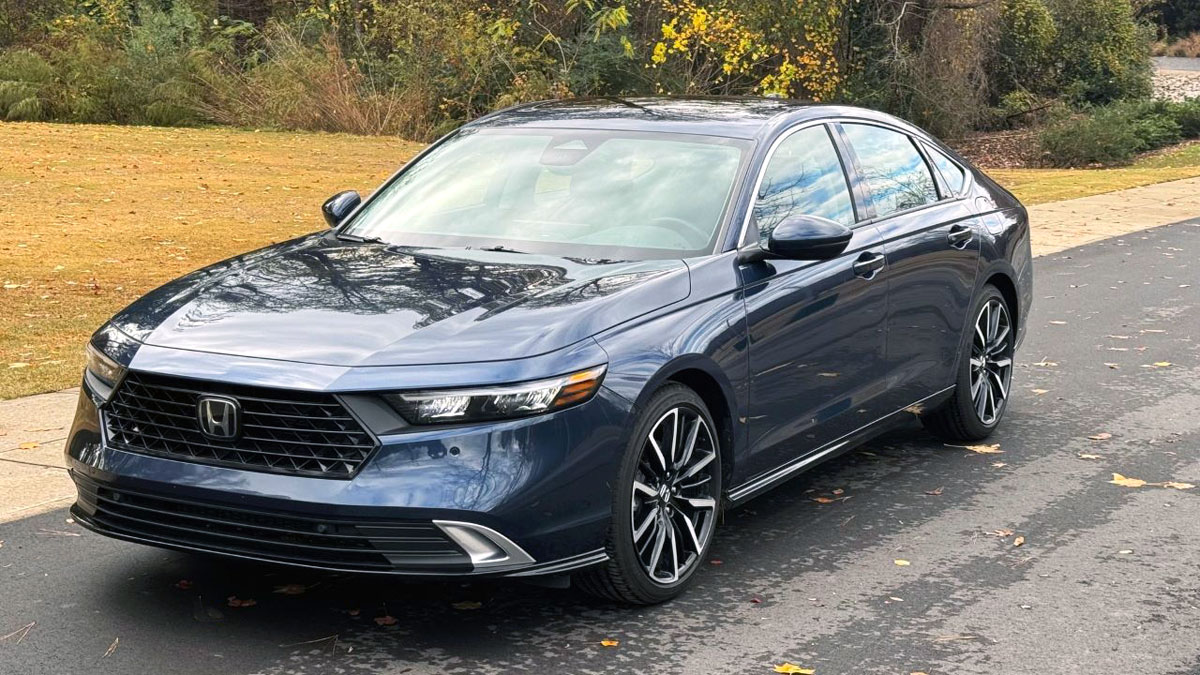2024 Mazda CX-50: A Compact SUV with Premium Aspirations
Compact sport utility vehicles are sized larger these days, giving customers ample room for two adults and three children, along with all their gear. The Mazda CX-50 is one such model in this crowded segment but comes loaded with many features, including standard all-wheel drive. This model also gets expensive … Read more

